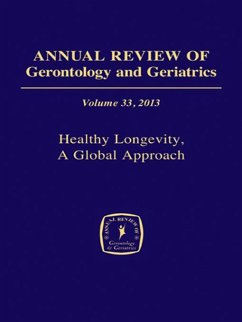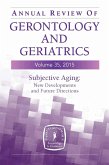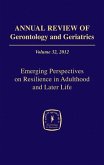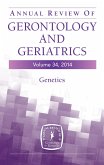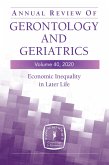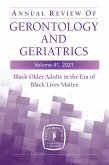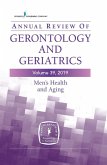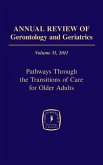Developed countries and certain regions of economically emerging nations have displaying a rapidly growing population of the oldest-oldónonagenarians, centenarians, and supercentenarians. As this trend continues, we must redirect some of our research on aging to the experience of advanced old age and discovering individual and community factors that improve the quality of life during this life stage. This state-of-the science, multidisciplinary Annual provides a comprehensive discussion of the factors promoting healthy survival and/or ensuring a good quality of life for the oldest elderly. It features an international representation that includes Denmark, Finland, France, Italy, the Netherlands, the United Kingdom, Sweden, Japan, and North America. The Annual disseminates the most current research regarding this population and notes gaps in our knowledge.
The book addresses ongoing demo-epidemiological changes regarding longevity, estimates of oldest-old populations, and prevalence of chronic and degenerative diseases, frailty, and old-age dependency. The meaning of healthy longevity as a theoretical concept is explored. Grounded in the fundamental issue of whether or not the prevalence of poor health or poor quality of life inevitably increases with age, recent research and ongoing studies from a variety of perspectives are presented from several nations. The book clarifies the known and hypothetical factors favoring healthy longevity, from genes to social integration. Additionally, chapters explore gender differences in age trajectories and changes over time. Special attention is given to the social and cognitive dimensions of healthy longevity.
Key Features:
The book addresses ongoing demo-epidemiological changes regarding longevity, estimates of oldest-old populations, and prevalence of chronic and degenerative diseases, frailty, and old-age dependency. The meaning of healthy longevity as a theoretical concept is explored. Grounded in the fundamental issue of whether or not the prevalence of poor health or poor quality of life inevitably increases with age, recent research and ongoing studies from a variety of perspectives are presented from several nations. The book clarifies the known and hypothetical factors favoring healthy longevity, from genes to social integration. Additionally, chapters explore gender differences in age trajectories and changes over time. Special attention is given to the social and cognitive dimensions of healthy longevity.
Key Features:
- Disseminates new scholarly research about a rapidly growing segment of the populationóthe oldest old
- Offers multidisciplinary and international perspectives about the factors that promote healthy survival and improve quality of life
- Addresses the social and cognitive dimensions of healthy longevity
- Provides important information regarding health care costs for this population
- Includes the research of seasoned and emerging scholars
Dieser Download kann aus rechtlichen Gründen nur mit Rechnungsadresse in A, D ausgeliefert werden.

